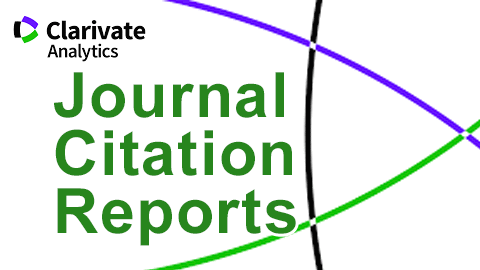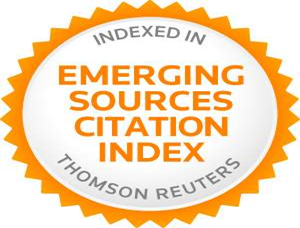A comparison of an effective and an ineffective writer's mental representations of their audience, rhetorical purpose and composing strategies
Keywords:
successful writers, unsuccessful writers, mental representations of the audience and of the rhetorical purpose, writting strategiesAbstract
Effective and ineffective writers have been found to differ significantly in their planning, writing and revising processes. The present study attempts to add to the corpus of investigations that have attempted to find out how successful writers undertake the task of writing in a second or foreign language and how much ineffective writers differ from them. The objectives of the present study are: (1) the students' writing patterns, (2) successful and unsuccessful writing strategies, (3) the differences between the writers' mental representations of the target audience and of the rhetorical purpose for performing the writing task, (4) correlation between the writers' mental representation of the audience and of the rhetorical purpose and the writing strategies employed, (5) verbal data as a valid source of information about the writers' cognitive processes. The results indicate that the effective and ineffective writers showed two completely different notions of what writing entails, two different mental representations of their readers and different rhetorical purposes.Downloads
Published
Issue
Section
License
Attribution - Non-commercial (CC BY-NC). Under this license the user can copy, distribute and publicly display the work and can create derivative works as long as these new creations acknowledge the authorship of the original work and are not used commercially.
Authors retain the copyright and full publishing rights without restrictions.








